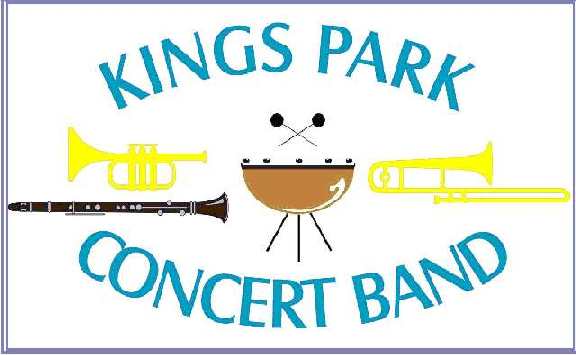
The first Oktoberfest was held in the year 1810 in honor of the Bavarian Crown Prince Ludwig’s marriage to Princess Therese von Sachsen-Hildburghausen. The festivities began on October 12, 1810 and ended on October 17th with a horse race. In the following years, the celebrations were repeated and, later, the festival was prolonged and moved forward into September. By moving the festivities up, it allowed for better weather conditions. Because the September nights were warmer, the visitors were able to enjoy the gardens outside the tents and the stroll over “die Wiesen” or the fields much longer without feeling chilly. Click here to see the castle King Ludwig built which nearly bankrupted Bavaria.
Historically, the last Oktoberfest weekend was in October and this tradition continues into present times. The locals in Munich fondly refer to Oktoberfest as „die Wiesn“ because of its location, Theresienwiese, which was named after Therese von Sachsen-Hildburghausen.
The main highlight of the Wiesn events and an important must-see is the Oktoberfest Costume and Riflemen’s Parade. The parade happens every year on the first Wiesn Sunday which will fall on September 19th this year. Other important events are the Parade of Oktoberfest Landlords and Breweries, the Official Tapping of the Keg, the Oktoberfest Mass , „Böllerschießen“ (handheld canon salute) in front of the Bavaria statue and an agricultural festival.
Oktoberfest has become the largest secular celebration on earth, attracting millions of participants annually. Eating, drinking, and dancing feature prominently in the festivities; for many, however, the best part of Oktoberfest is the lively, colorful, and entertaining music performed by the Bavarian Oktoberfest oom-pah band, consisting mainly of polkas, waltzes, and marches. That is the experience of Oktoberfest that the Kings Park German Band hopes to convey.
Historically, the last Oktoberfest weekend was in October and this tradition continues into present times. The locals in Munich fondly refer to Oktoberfest as „die Wiesn“ because of its location, Theresienwiese, which was named after Therese von Sachsen-Hildburghausen.
The main highlight of the Wiesn events and an important must-see is the Oktoberfest Costume and Riflemen’s Parade. The parade happens every year on the first Wiesn Sunday which will fall on September 19th this year. Other important events are the Parade of Oktoberfest Landlords and Breweries, the Official Tapping of the Keg, the Oktoberfest Mass , „Böllerschießen“ (handheld canon salute) in front of the Bavaria statue and an agricultural festival.
Oktoberfest has become the largest secular celebration on earth, attracting millions of participants annually. Eating, drinking, and dancing feature prominently in the festivities; for many, however, the best part of Oktoberfest is the lively, colorful, and entertaining music performed by the Bavarian Oktoberfest oom-pah band, consisting mainly of polkas, waltzes, and marches. That is the experience of Oktoberfest that the Kings Park German Band hopes to convey.
History of Oktoberfest
Member
Like us on Facebook

Founded in 1965
Rich Bergman
Music Director
Music Director
Rich Bergman
Music Director
Music Director

